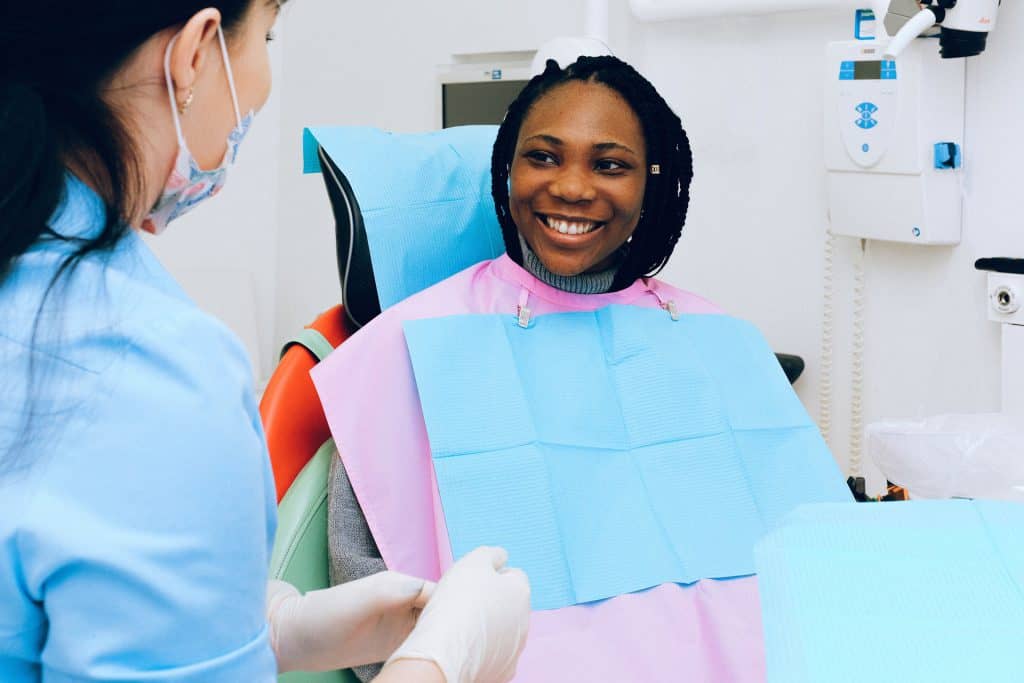It’s easy to appreciate why the dental sector was severely affected by the UK Coronavirus outbreak in early 2020. Like other disciplines including hairdressing and beauty treatments, dentistry requires close contact with the patient, compounded by exposure to their mouth and throat.
However, while most people can attempt their own manicure or haircut, dental work goes beyond the cosmetic, and postponing treatments indefinitely has significant health implications for the public as a whole.
The British Dental Association has already expressed concerns that official statistics underestimate the impact of lockdown on treatment rates, especially for urgent dental care.
In late August, the BDA published FOIA statistics that showed in May 2020, only 83,300 treatments were carried out by the Urgent Dental Care Network, only 2% of the 3.5 million equivalent treatments performed on average each month in January to March.
The BDA warned that “England has not yet turned the page on low levels of access” and added that low capacity in the sector would make it difficult to catch up to the 9.6 million dental treatments conducted in an ordinary quarter.
By mid-September, the BDA also warned that “tens of thousands” of adults and children alike could be waiting in pain for up to a year for the backlog of tooth extractions to be worked through – and some areas have still not resumed treatments.
Charlotte Waite, chair of the BDA England Community Dental Services Committee, said: “The hundreds of extractions that took place every day in our hospitals ended with the start of lockdown, but demand hasn’t gone anywhere.”
Meanwhile, the General Dental Council has issued guidance on returning to work, with a phased transition to allow services to resume gradually as lockdown conditions are eased.
The GDC recommends following Public Health England guidelines on the use of personal protective equipment, as well as ‘fit testing’ face masks to check they are effective at preventing transmission of the virus.
Ultimately, it is crucial that dental work is able to resume for health reasons, as well as the mental health benefits associated with cosmetic dental work – and with a substantial backlog of treatments to get through, the already stretched dentistry sector is likely to be in high demand for a long time to come.






 Production
Production